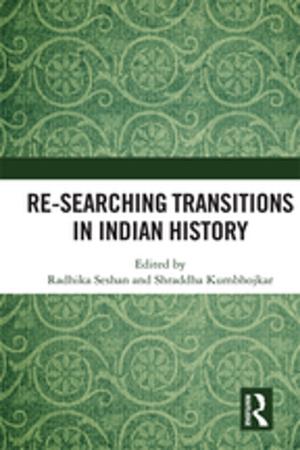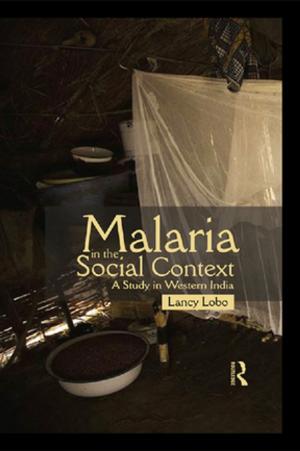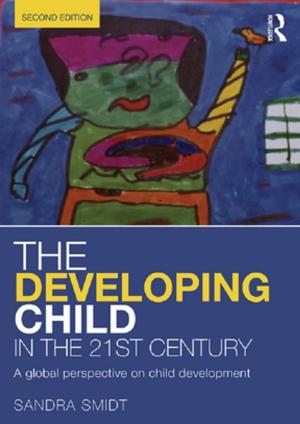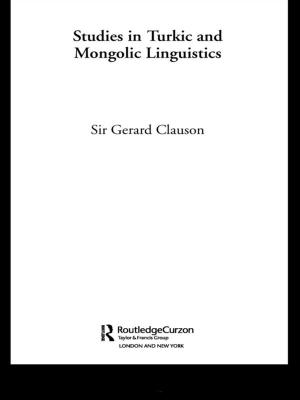Identities, Nations and Politics after Communism
Business & Finance, Economics, Foreign Exchange, Nonfiction, Social & Cultural Studies, Political Science| Author: | ISBN: | 9781317968658 | |
| Publisher: | Taylor and Francis | Publication: | October 18, 2013 |
| Imprint: | Routledge | Language: | English |
| Author: | |
| ISBN: | 9781317968658 |
| Publisher: | Taylor and Francis |
| Publication: | October 18, 2013 |
| Imprint: | Routledge |
| Language: | English |
This book focuses on questions of identity that have confronted the countries of Central and Eastern Europe after the collapse of the communist system that had previously provided them with an identity.
This development both facilitated and necessitated a reassessment of the now independent nations’ history, orientation, symbols and identity. In some cases, new states were created without a clear national identity, while in others the nation was regaining statehood, but not always within borders that had an historical association with the nation concerned. The multiethnic character of the space of the former Soviet Union and its erstwhile "satellites," and the long historical legacy of complex relations, boundary changes, population migration, and economic and social changes presented different challenges to the various nations and states concerned.
The essays in this volume attempt to elucidate and understand the issues of ethnic and national identity and their relationship to the emerging statehood in various regions of the post-communist world. This study makes clear that some nation-states were far better prepared to handle these issues than others, and that the longer-term impact of the communist experience has varied.
This book was previously published as a special issue of Nationalities Papers
This book focuses on questions of identity that have confronted the countries of Central and Eastern Europe after the collapse of the communist system that had previously provided them with an identity.
This development both facilitated and necessitated a reassessment of the now independent nations’ history, orientation, symbols and identity. In some cases, new states were created without a clear national identity, while in others the nation was regaining statehood, but not always within borders that had an historical association with the nation concerned. The multiethnic character of the space of the former Soviet Union and its erstwhile "satellites," and the long historical legacy of complex relations, boundary changes, population migration, and economic and social changes presented different challenges to the various nations and states concerned.
The essays in this volume attempt to elucidate and understand the issues of ethnic and national identity and their relationship to the emerging statehood in various regions of the post-communist world. This study makes clear that some nation-states were far better prepared to handle these issues than others, and that the longer-term impact of the communist experience has varied.
This book was previously published as a special issue of Nationalities Papers















